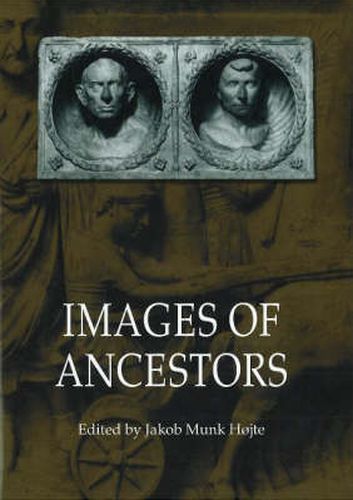Readings Newsletter
Become a Readings Member to make your shopping experience even easier.
Sign in or sign up for free!
You’re not far away from qualifying for FREE standard shipping within Australia
You’ve qualified for FREE standard shipping within Australia
The cart is loading…






To achieve status in the classical world, a certain intimacy with one’s ancestors was essential. By referring to the illustrious exploits and qualities of his forebears, a man could strengthen his position in society. If his origins lacked sufficient glory, he could construct a family tree and testify to its authenticity through the judicious use of portraits and legendary allusions. In this volume, fifth in the Aarhus Studies in Mediterranean Antiquity series, 11 scholars analyse ancestral representation in ancient Greece, Etruria and Rome. While some contributions address the artistic, social and political significance of given portraits, others address broader themes: true and false forefathers in the portraits of Hellenistic rulers, the question of whether women were ancestors in republican Rome, and how the Roman non-elite used funerary statues to acquire an ancestor.
$9.00 standard shipping within Australia
FREE standard shipping within Australia for orders over $100.00
Express & International shipping calculated at checkout
To achieve status in the classical world, a certain intimacy with one’s ancestors was essential. By referring to the illustrious exploits and qualities of his forebears, a man could strengthen his position in society. If his origins lacked sufficient glory, he could construct a family tree and testify to its authenticity through the judicious use of portraits and legendary allusions. In this volume, fifth in the Aarhus Studies in Mediterranean Antiquity series, 11 scholars analyse ancestral representation in ancient Greece, Etruria and Rome. While some contributions address the artistic, social and political significance of given portraits, others address broader themes: true and false forefathers in the portraits of Hellenistic rulers, the question of whether women were ancestors in republican Rome, and how the Roman non-elite used funerary statues to acquire an ancestor.